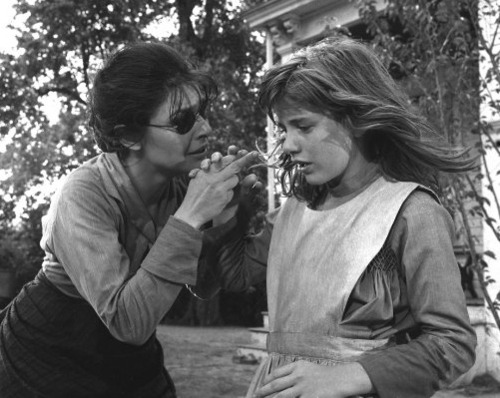THOUGHTS ON WISCONSIN AND COLLECTIVE BARGAINING
In his book, “Norwegian Wood,” author Haruki Muramkami has his central character, Toru, makes the following observation about his life as a student:
“By the second week in September I reached the conclusion that a college education
was meaningless. I decided to think of it as a period of training in techniques for
dealing with boredom.”
I confess these lines made me smile. How poignantly Toru expresses the thoughts of many students, though he does so with elegant resignation. Like his peers, his judgment about his needs for the future is based upon his present understanding of himself. That is his folly, of course, and that of the young.
But it is true that being unable to predict the future, education works on a flawed premise. Curriculums are designed to satisfy some middle ground of presumed requirements, a middle ground that no more exists for our youth than it exists as an accurate description of the average American family (3.14 people/ US Census Bureau). Knowing neither the future of the individual nor of the country, it’s little wonder that public education stumbles. There is one and only one knowable in education: a dedicated teacher can work wonders with a student despite difficult conditions.
But who are these miracle workers and how do we find them? And when we do find them, how shall they be treated? That is the question.

(“The Miracle Worker” courtesy: MGM)